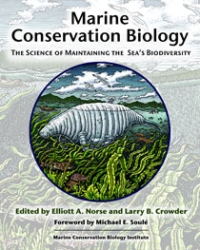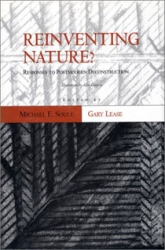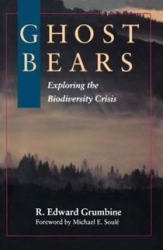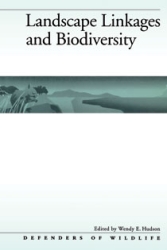
Michael E. Soulé
Michael Soulé is Professor Emeritus of Environmental Studies, University of California, Santa Cruz. A founder and first president of the Society for Conservation Biology and The Wildlands Network, Dr. Soulé has written and edited nine books on biology, conservation biology, and the social and policy context of conservation and has published more than 170 papers in journals. Soulé is a fellow of both the American Association for the Advancement of Science and the American Academy of Arts and Sciences. Among his many honors, Dr. Soulé is the sixth recipient of the Archie Carr Medal and in the first class of recipients of The Edward O. Wilson Biodiversity Technology Pioneer Award.






